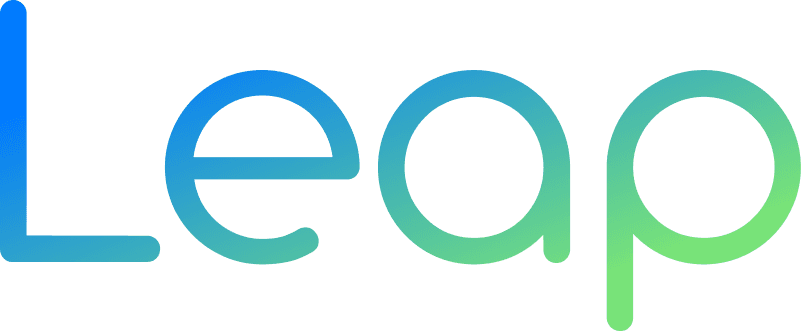Today, individuals embarking on a healthy nutrition journey seek more than just a meal plan; they also look for emotional support, sustainable motivation, and personalized approaches.
Why Are Client Expectations Important?
Although providing scientific nutrition guidance is the dietitian’s area of expertise, the success of the dietitian–client relationship is not measured solely by data and analysis. Clients’ psychological needs, motivational processes, and personal lifestyles can have an even greater impact than a well-structured nutrition plan. Clients expect patience, empathy, and support to help them reach long-term goals more easily. Therefore, dietitians should not only ask “what should be eaten” but also include the question “how can I provide support” in their strategy.
Top Client Expectations
1. Personalized and Empathetic Approach
Clients often differ significantly in their past eating habits, health conditions, and emotional states. Instead of “one-size-fits-all” diets, they seek plans tailored to their individual differences. Empathy means more than just being “understood”—it includes listening to everyday struggles and forming a collaborative problem-solving relationship.
2. Practical and Applicable Suggestions
Most clients have busy work or social lives. Recommendations that involve complex recipes or lengthy preparation times can be hard to sustain. Practical suggestions like “healthy snacks prepared in 5 minutes” or “meal options that fit in a shopping bag” stand out.
3. Regular Follow-Up and Feedback
To maintain motivation, clients want to see their progress. Weekly or biweekly check-ins, progress charts, and feedback make goals more tangible. Guidance during setbacks—especially those that might trigger a sense of failure—helps clients feel consistently supported.
4. Positive Communication and Encouraging Language
Clients prefer encouragement over criticism—a communication tone that says “we can do this” is more motivating. Instead of punitive reactions to weight fluctuations or missed goals, reframing them as learning opportunities boosts morale.
5. Accessibility and Quick Responses
Clients want to reach out easily—via short messages or in-app chat—whenever they need. Dietitians who offer responses within 24 hours, rather than “within 5 business days,” are preferred thanks to their human-centered approach.
Motivational Behaviour Models for Dietitians
1. Active Listening and Feedback
A motivating dietitian listens without interrupting and uses questions to uncover the client’s thoughts. Then they provide clear and constructive feedback. This approach enhances a sense of responsibility in the client.
2. Goal Setting and Small Steps
Instead of big goals like “lose 10 kg,” breaking it down into small, achievable targets like “lose 0.5 kg per week” helps boost morale. The dietitian and client progress together by setting monthly, weekly, and daily goals.
3. Visualization and Tracking Tools
Using graphs, charts, or app screenshots to visualize progress strengthens the brain’s sense of “seeing success,” thus enhancing motivation. Leap’s meal journal is a great tool for this purpose. Clients record their meals day by day, giving them a full view of their nutritional intake.
4. Positive Reinforcement and Rewards
Recommending small rewards when clients meet goals (e.g., a healthy snack or a relaxing activity) is an effective technique in behavioral psychology. When planned ahead, rewards help celebrate every achievement.
5. Flexibility and Adaptation
Life is full of surprises—vacations, business trips, or wedding invitations require flexibility. Dietitians who create adaptable diet plans and offer alternatives when needed make long-term sustainability easier.
Strategic Suggestions for Long-Term Success
Education and Awareness:
Rather than just providing food lists, offering clients basic education on food groups, macro- and micronutrients helps them make informed decisions in the long run.
Technology Integration:
Technologies like mobile apps, food tracking tools, and smart scales simplify data collection and analysis. By encouraging technology use, dietitians enhance both follow-up efficiency and communication. With the Leap mobile app, clients benefit from features like motivational notifications, meal photo comments, and strong communication—all of which provide consistent support.
Measurable Metrics and Reporting:
Concrete data like body composition analysis, blood values, and physical activity measurements clarify progress. Preparing detailed reports monthly or quarterly helps maintain fresh motivation.
Dietitians who embrace the client expectations of empathy, practical solutions, regular follow-up, positive communication, and accessibility will not only increase client satisfaction but also enjoy greater professional fulfillment.
With Leap’s advanced tracking tools, you too can implement these strategies to increase both client satisfaction and loyalty.







